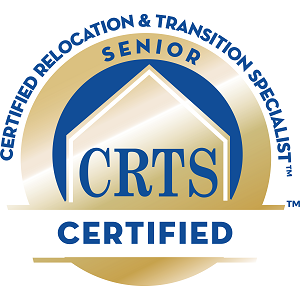Welcome to the April edition of the newsletter for CRTS™ certificants!
Springing vs. Durable Power of Attorney: What’s the Difference?
A power of attorney (POA) document legally enables a person (called the “principal”) to appoint a trusted relative or friend (called the “agent” or “attorney-in-fact”) to handle specific health care decisions or legal and financial responsibilities on their behalf.
Power of attorney documents are crucial for enabling trustworthy family members to help manage seniors’ medical care, bills and legal affairs.
Legal Competency: When Is It Too Late to Create a Will, Trust or POA?
It's rather common for adult children to suddenly realize that they must step in to help their aging parents. Perhaps Dad has fallen behind on his bills, or Mom is not making sound decisions when it comes to her medical care. Regardless of the reason, this transition of control over a loved one’s very personal affairs can be challenging.
How to Find a Good Elder Law Attorney
It may be tempting to open a phone book or search the internet for the name of an attorney, but finding one that fits your needs requires some research. Attorney Edward V. Smith of Wollman Gehrke & Associates, P.A. and retired elder law attorney and Medicaid expert, K. Gabriel Heiser, offer the following guidelines to help you find an elder law attorney who is knowledgeable, personable and in your budget.




